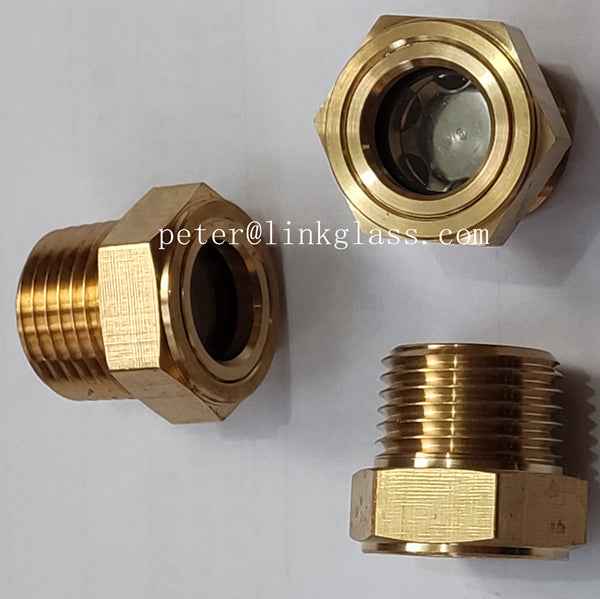LinkGlass
Oil level gauges sight glass plugs hydraulic fittings
Oil level gauges sight glass plugs hydraulic fittings
Couldn't load pickup availability
Oil Level Gauges: Essential Tool for Monitoring Hydraulic Fluid Levels
Oil level gauges are crucial for ensuring optimal performance in hydraulic systems. These instruments provide a clear indication of the fluid levels within hydraulic reservoirs, allowing operators to monitor and maintain machinery effectively. This monitoring is essential to prevent air from entering the system and to ensure that the machinery operates smoothly without interruptions. Oil level gauges come in various designs and materials, depending on the specific requirements of the hydraulic application.
In many industrial settings, the proper management of hydraulic fluids is vital for the longevity of the equipment and the efficiency of operations. Oil level gauges help to easily identify when fluid levels are too low, which can lead to overheating, increased wear and tear, or catastrophic failure of machinery. By regularly checking these gauges, operators can take preventative measures to refill hydraulic fluid as necessary, thereby maintaining optimal performance and preventing costly downtime.
There are several types of oil level gauges available, including sight glasses, which allow for a direct visual inspection of fluid levels. Additionally, some gauges may incorporate digital displays to provide an accurate reading of the fluid level, enhancing ease of use and ensuring reliability. Other options include mechanical gauges that utilize floats to provide readings and are suitable for harsher environments.
Incorporating oil level gauges into your hydraulic systems is a significant step towards ensuring operational excellence. Manufacturers often provide varied options to meet the specifications required for different environments and materials. Some materials may be more suited for corrosive fluids, while others are ideal for high-pressure systems. A thorough understanding of your hydraulic system's demands will help in selecting the right oil level gauge.
Furthermore, regular maintenance and checks of these gauges will ensure they provide accurate readings and function correctly over time. If oil level gauges are left unchecked, their reliability may diminish, leading to unmonitored fluid levels which can cause significant damage over time.
Considerations when selecting oil level gauges include reading ease, installation compatibility, and the environmental conditions of your specific application. Each option offers unique benefits; for example, a sight glass may be beneficial for low-pressure applications where visibility is required, while a more robust mechanical gauge may be better suited for high-stress environments.
In conclusion, oil level gauges are a vital component of hydraulic systems, contributing to the stability and performance of machinery. With a variety of styles and types available, choosing the right oil level gauge will lead to improved operational efficiency and reduced risk of equipment failure. Investing in quality gauges and maintaining them regularly is essential for any company reliant on hydraulic equipment.
Share

